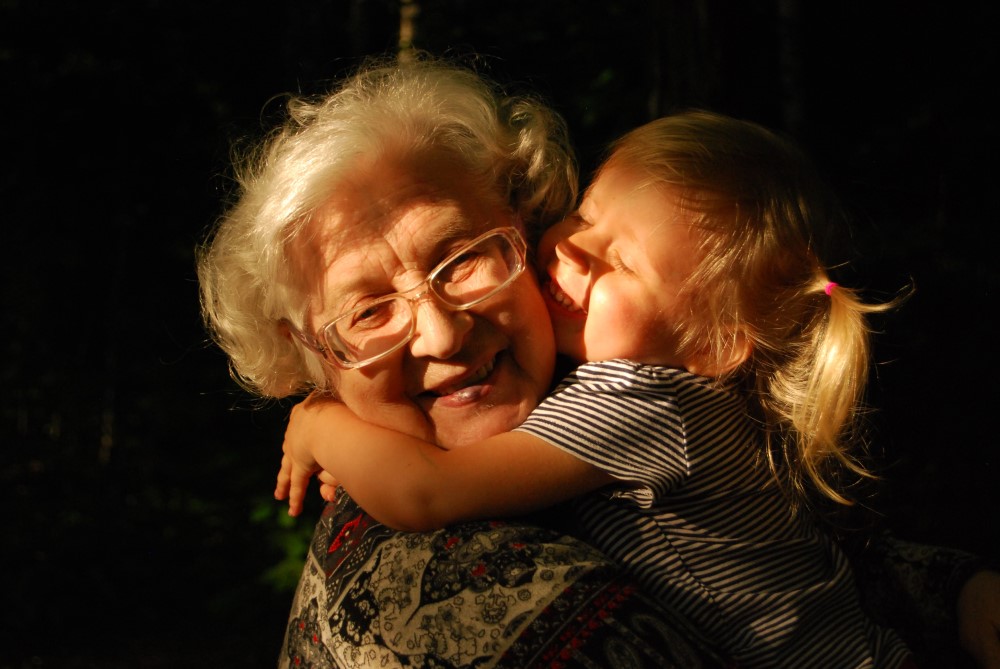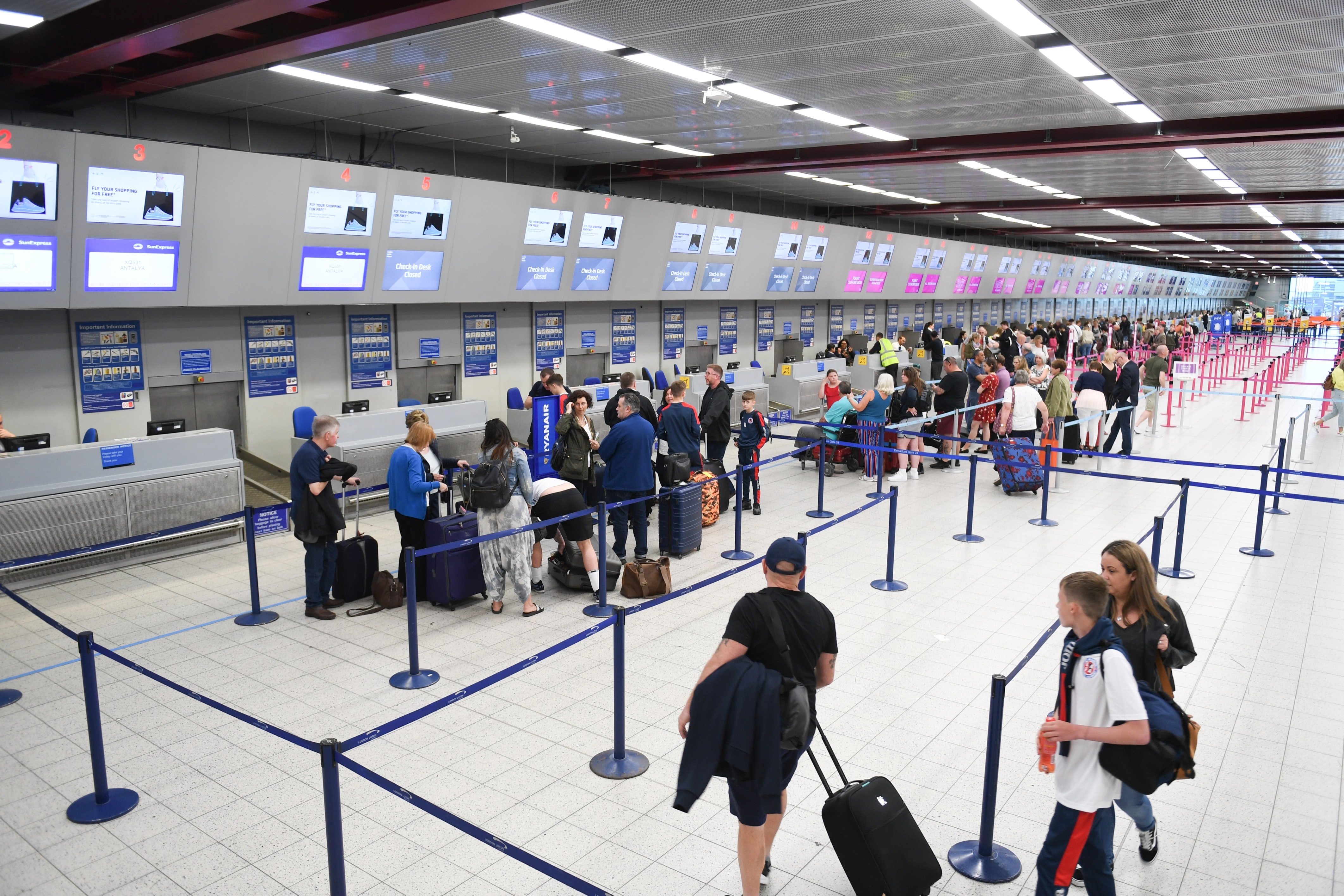1. Check your medical equipment and supplies
Ensure an adequate stock of your medical equipment and supplies, such as oxygen tanks, nebulizers, inhalers, and respiratory medications. Plan ahead, don’t wait till you are out, order your eligible supplies and medications on time, as ordering refills may take longer during this busy time.
2. Travel arrangements
To travel safely with portable oxygen or to ensure a stationary unit is available at your long-term destination, it's important to coordinate with your local center to plan your travel arrangements.
3. Communicate with loved ones
Inform your family, friends, and hosts about your condition and specific needs during gatherings. Educate them about potential triggers for respiratory distress, such as smoke, strong fragrances, or cold weather exposure, and kindly request their support in creating a safe environment for you.
4. Manage medications and treatments
Ensure you have an adequate supply of medications and necessary equipment, such as a portable nebulizer or peak flow meter if traveling. Set reminders for medication intake and treatment routines, as festive engagements may often disrupt regular schedules.
5. Dress appropriately
Dress in warm layers to protect yourself from cold temperatures, especially when venturing outdoors. Use scarves or masks to cover your nose and mouth to prevent exposure to allergens, dust, or cold air. Opt for comfortable clothing, as tight-fitting or restrictive clothing can impede breathing.
6. Implement infection control measures
Individuals with respiratory conditions can be more susceptible to infections. It is a best practice to encourage frequent handwashing among family members and guests, provide hand sanitizer for easy access, and sanitize frequently touched surfaces to reduce the risk of illnesses during gatherings.
7. Know your limitations
It is essential to acknowledge your limitations and not hesitate to excuse yourself from activities or events that may exacerbate your symptoms. Listen to your body, take breaks when needed, and prioritize rest to avoid fatigue and exacerbation of symptoms.
The holiday season can be joyous for everyone, including respiratory-compromised patients, with a little extra planning and preparation. By carefully managing your medical equipment, communicating your needs, and taking necessary precautions, you can enjoy the festivities while prioritizing your respiratory health. Remember, it’s important to relax, have fun, and make cherished memories with loved ones while maintaining your well-being. Consult with your healthcare provider for personalized advice and guidance related to your respiratory condition.


